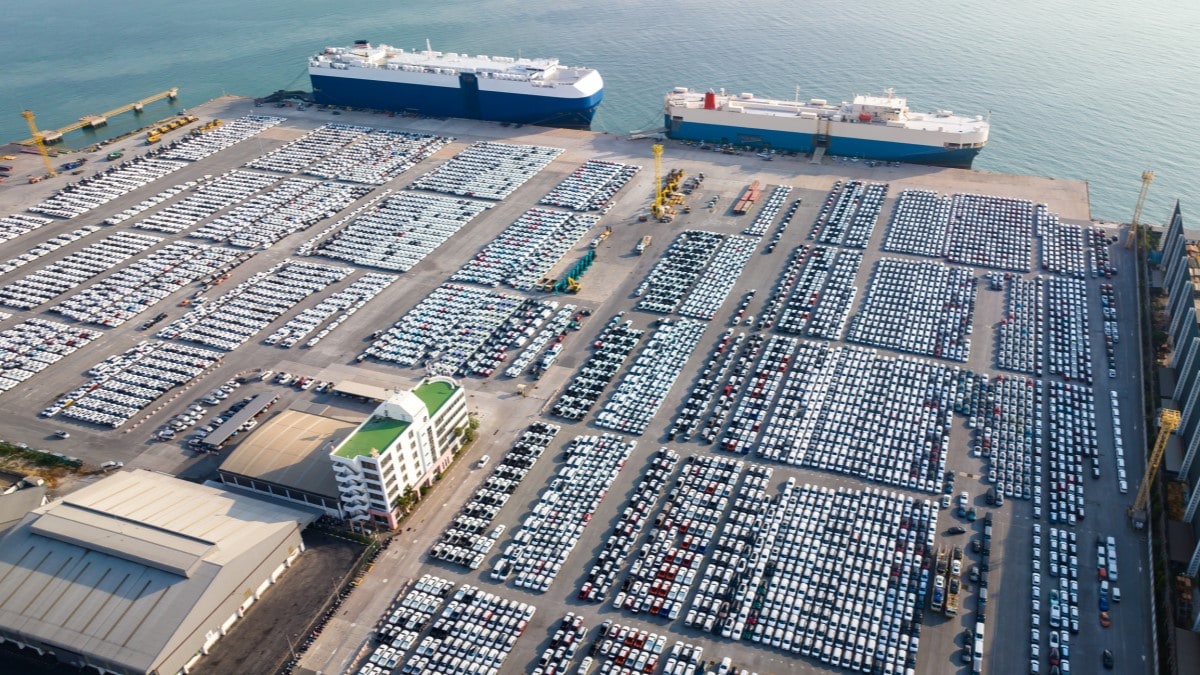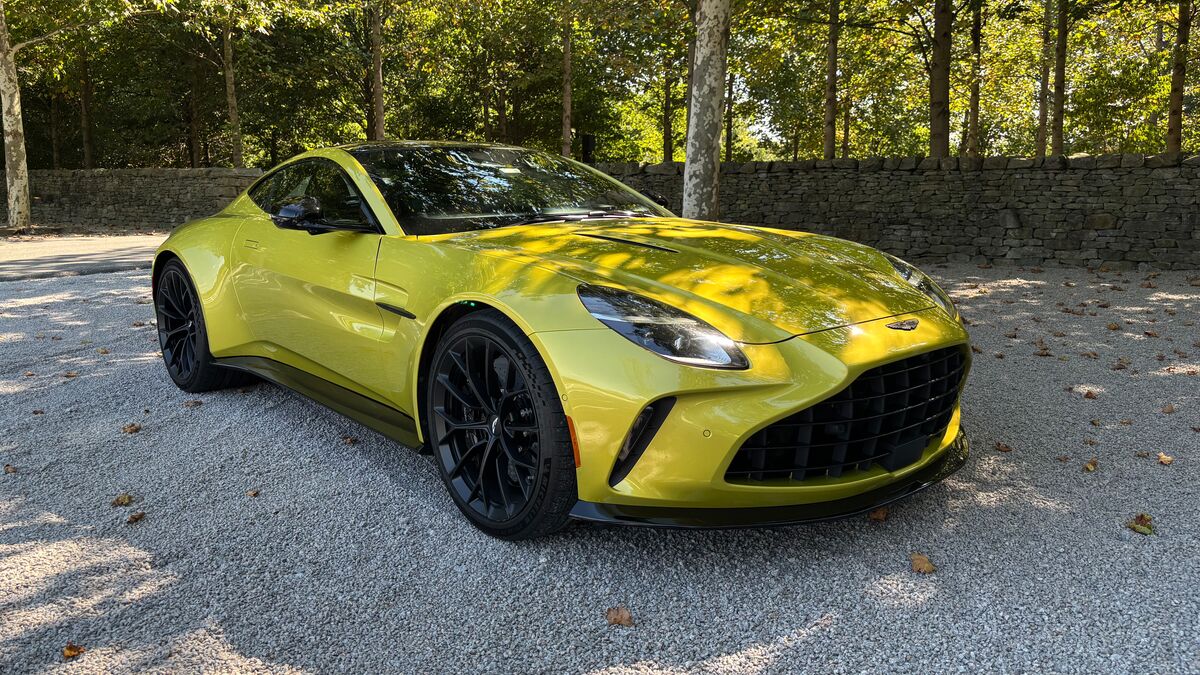“Senate Inquiry Finds BMW Imported Cars Tied to Forced Labor in China”
“BMW And Others Bought Parts From China Supplier Flagged For Forced Labor”
This morning brings alarming new headlines that require some explanation. A congressional investigation recently found that automakers BMW, Jaguar Land Rover, and Volkswagen all used a part that may have been built by forced labor in China.
Investigators found that the automakers weren’t contracting directly with any company using forced labor. Rather, they may be guilty of not understanding their entire supply lines in all their complexity.
Law Affecting Several Industries
The New York Times explains that “the part in question is known as a LAN transformer and is part of a system that allows a vehicle’s electronic components to communicate with each other.” The component was built by a Chinese company called Sichuan Jingweida Technology Group, also known as JWD.
Related: Ford Gives Suppliers New Rules On Environment, Human Rights, Ethics
A letter from Democratic Sen. Ron Wyden of Oregon, the chair of the Senate Finance Committee, alleges that JWD benefited from “government-sanctioned use of forced labor in the Xinjiang region of China.”
The Wall Street Journal explains, “The cause of the Volkswagen delay illustrates the complexities businesses face complying with a 2-year-old U.S. law that blocks the imports of goods tied to Xinjiang. The region in far western China is home to millions of Uyghur Muslims, and the government is carrying out a forced assimilation campaign that the U.S. has denounced as genocide.” The Chinese government denies the accusation.
“The law is hitting the automotive industry after already affecting apparel makers and solar energy manufacturers that have had shipments to the U.S. detained or sent back,” the Journal reports.
A Question of a Supplier’s Supplier’s Supplier
All three automakers bought the LAN transformer from Lear Corp., a supplier that sells wiring and electronic components to much of the auto industry. “Lear said in a statement that it did not have a direct relationship with JWD but bought the parts through another supplier,” reports the Times.
So, the three automakers bought a part from a company that bought a part from a company that bought a part from JWD.
Wyden’s letter blames the companies for being “slow to adequately watchdog their supply chains,” not for using forced labor themselves.
Lear notified all three companies in January that the parts may have come from JWD. “Volkswagen subsequently voluntarily disclosed to U.S. customs agents that cars then in transit to the United States contained the part,” The New York Times reports.
VW Responded Immediately; BMW Allegedly Slower
Volkswagen replaced the LAN transformers with parts built elsewhere in U.S. ports before the cars entered the country. Jaguar, the Times reports, never used the parts in cars. Instead, it imported them for dealers to use as replacements when making repairs. “The company, based in Britain, said that when it learned that the parts were on the forced labor list, it immediately stopped shipping them and earmarked them for destruction.”
However, the report alleges that BMW “continued to import products manufactured by JWD until at least April 2024 and only appears to have stopped after the committee repeatedly asked detailed questions.”
The company “disclosed that at least 8,000 Mini Cooper cars containing JWD components” may have been sold in the U.S.
BMW Will Replace the Parts as if in a Recall
BMW told The New York Times it “had taken steps to halt imports of the components and would voluntarily replace the parts in vehicles that contained them.”
Such a step would not be a formal recall, as no safety risk is alleged. But it will likely follow the same pattern — the automaker would send letters to owners asking them to bring the cars into dealerships for a free repair.
Car Companies Under New Scrutiny
The Senate, meanwhile, seems to have stepped up its efforts to police the auto industry. This discovery is the second time Wyden has made the news in as many weeks. Last week, he and Massachusetts Democratic Sen. Edward Markey alleged that several automakers were not keeping privacy commitments, revealing tracking data on cars to police departments without a court order.








